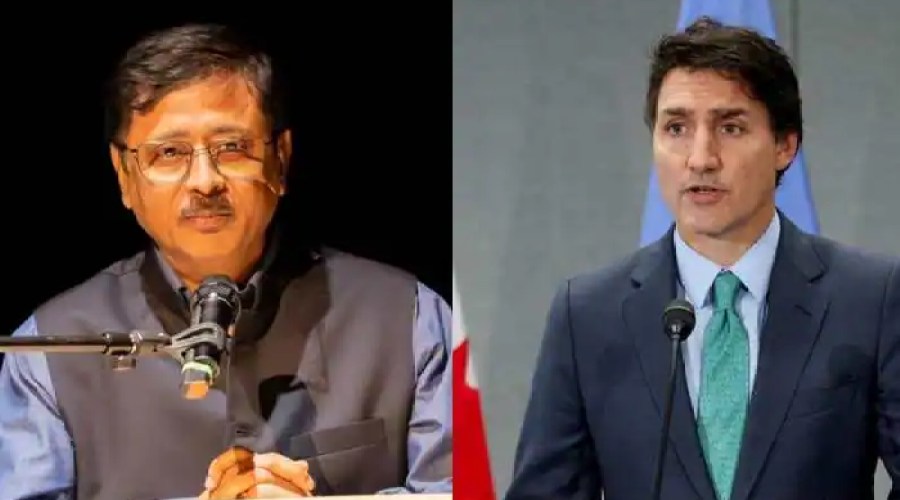Headline: Indian Envoy Defends Controversial Remarks Amid Rising Tensions with Canada
In a recent interview, Sanjay Kumar Verma, India’s envoy to Canada, clarified his controversial comments suggesting that some Khalistani extremists could be “deep assets” of the Canadian Security Intelligence Service (CSIS). Verma’s remarks have arisen against the backdrop of escalating diplomatic tensions following Canadian Prime Minister Justin Trudeau’s allegations that Indian agents were involved in the assassination of Khalistani terrorist Hardeep Singh Nijjar on Canadian soil.
Verma accused Trudeau of making serious allegations without providing evidence, stating, "He (Trudeau) said without evidence, and so am I." He underlined the importance of credible evidence, arguing that allegations should not stand in place of proven facts. "Therefore, I am not exactly saying there are connections, but there may be connections," he added, while addressing inquiries regarding his earlier claims that Khalistani extremists are used strategically by Canadian intelligence agencies.
The Indian envoy, recently recalled by the Indian government over concerns for the safety of Indian diplomats, criticized the Canadian government for what he perceived as a politically motivated campaign against India. He emphasized that allegations made in the Canadian parliament lacked substantiation, describing the incident as "not a good thing" and highlighting the need for respectful discourse between democracies.
Verma also voiced concerns about the Royal Canadian Mounted Police (RCMP), suggesting that its independence is undermined by political influences and presenting a narrative that the agency has failed to maintain its professed neutrality amid escalating tensions with India.
He articulated disappointment over the deteriorating diplomatic relations, expressing regret that his efforts to strengthen ties between the two nations were thwarted by such accusations. "It feels bad that I was not successful in the work for which I went there," he lamented, emphasizing his commitment to protect India’s interests on the international stage.
The diplomatic spat escalated further when India rejected a Canadian diplomatic communication regarding its diplomats being "persons of interest" in a probe concerning Nijjar’s murder, labeling it as a "preposterous imputation." In response to increasing hostilities, India expelled six Canadian diplomats, asserting that the Trudeau government’s actions endanger the safety of Indian officials and community leaders in Canada.
The ongoing tensions are reflective of broader concerns regarding the influence of Khalistani extremists in Canada, with Verma noting that these individuals wield considerable political power and have frequently exploited the political landscape to further their agendas, which he claims undermine Canada-India relations.
As diplomatic communication hangs in the balance, both countries face pressing questions about the implications of these allegations for their bilateral relations, and observers worldwide are closely monitoring the developments that could impact international diplomatic norms.





